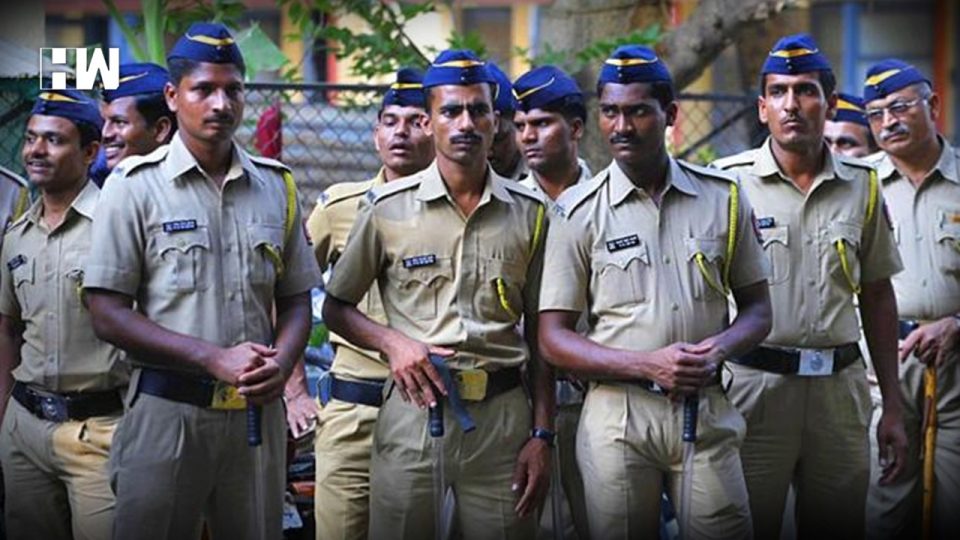Mumbai | Once the Maharashtra government implements its ambitious Automated Multi-modal Biometric Identification System (AMBIS), the crime detection and conviction rate of the state will go up, Chief Minister Devendra Fadnavis said today.
He said the uniqueness of the system is that with the help of mobile live scanners, a police patrol team can ascertain on the spot whether a suspect has any criminal antecedents or not.
“Besides detecting crime through usual finger prints at the crime scene, the system with the help of retinal scan, writers pad, palm and even bare sole scans can help trace criminals with 100 per cent accuracy and that too within a matter of 0.46 milliseconds,” Fadnavis told PTI.
Prasad Joshi, Assistant Police Inspector (Cyber) and a biometrics expert said in the matters of any crime, finger print as evidence is accorded very high value and if available it is accepted in a court of law.
“Ever since the British introduced the finger print identification in Kolkata way back in 1857, the Finger Print Bureau has been under the jurisdiction of the state Criminal Investigation Department (CID).
“But since the system crashed in 2012, the CID has been manually scanning and matching the finger print data to the available crime scene data employing eight to 10 different characteristics. The enormity of the task is so huge that the CID has to go through 6.50 lakh finger print data stored with it,” Joshi said.
He said the finger print data can be shared by the state with the National Crime Records Bureau (NCRB), other state governments, other investigation agencies, courts, crime experts and even with Interpol and foreign investigation agencies.
“The system will prove useful in identification of unidentified bodies, especially in cases where the body is mutilated, does not have an arm or a hand is lost. In such cases, the bare sole scan can help identify the body,” Joshi said.
According to him, another major irrefutable advantage of the system is that with retinal scans, it will be difficult for criminals to escape the ambit of the law.
He added that sometimes the finger print is not available if the criminals try to burn their hands, but they surely cannot burn retina of their eyes.
“The retina of every individual is unique and the blood vessels inside the retina too have unique arrangement,” the officer said.
Another feature of the system is that it can do facial recognition of suspects in cases of mob violence and mob lynching with the help of photographs and going through CCTV footages.
Professor Amol Deshmukh, a forensic and investigation expert and adviser to the Maharashtra government, said the system will prove handy in cases of terrorist attacks in places of huge crowd presence like railway stations giving 50 to 60 per cent accuracy if 40 per cent of the information available is correct.
In case of a new criminal, the system will create a complete biometric data which will be useful in future, Deshmukh adds.
Inspector General of Police (Cyber Crime) Brijesh Singh said the state has allocated Rs 50 crore to Rs 55 crore for AMBIS.
Under the system, every police station in the state will have a scanner which will be linked to the main server which is located at the state headquarters on a secured server.
“The hi-tech system ensures that there will be no data loss and has a back-up facility at a very high level. Another feature of AMBIS is that it can be interfaced with any other operating system, whereby data can be accessed anywhere, anytime,” Singh says.
At present world over, the system is being used by the Interpol and other European agencies.
Singh added that it uses NIST (National Institute of Standards and Technology) file and process standards which allow to freely interchange data with Interpol and other international agencies when required.
Singh further stated that though 22 states in the country have their own finger print data, but nothing can match the system being introduced by the state.
Balsing Rajput, SP Cyber, says the state government has taken the software, designing and technology from France and integrated it to suit our needs.
He added that once the system comes into operation, which will happen soon, the rate of conviction will rise substantially from the current 34 per cent.
“The system has been developed with the help of IIT professors, experts in the CID and local police. More importantly, the system has been developed taking feedback of the local police station constables who usually feed crime data online,” he said.
AMBIS has been the brainchild of chief minister Fadnavis, who is likely to unveil it soon, Rajput said.
As an independent media platform, we do not take advertisements from governments and corporate houses. It is you, our readers, who have supported us on our journey to do honest and unbiased journalism. Please contribute, so that we can continue to do the same in future.

